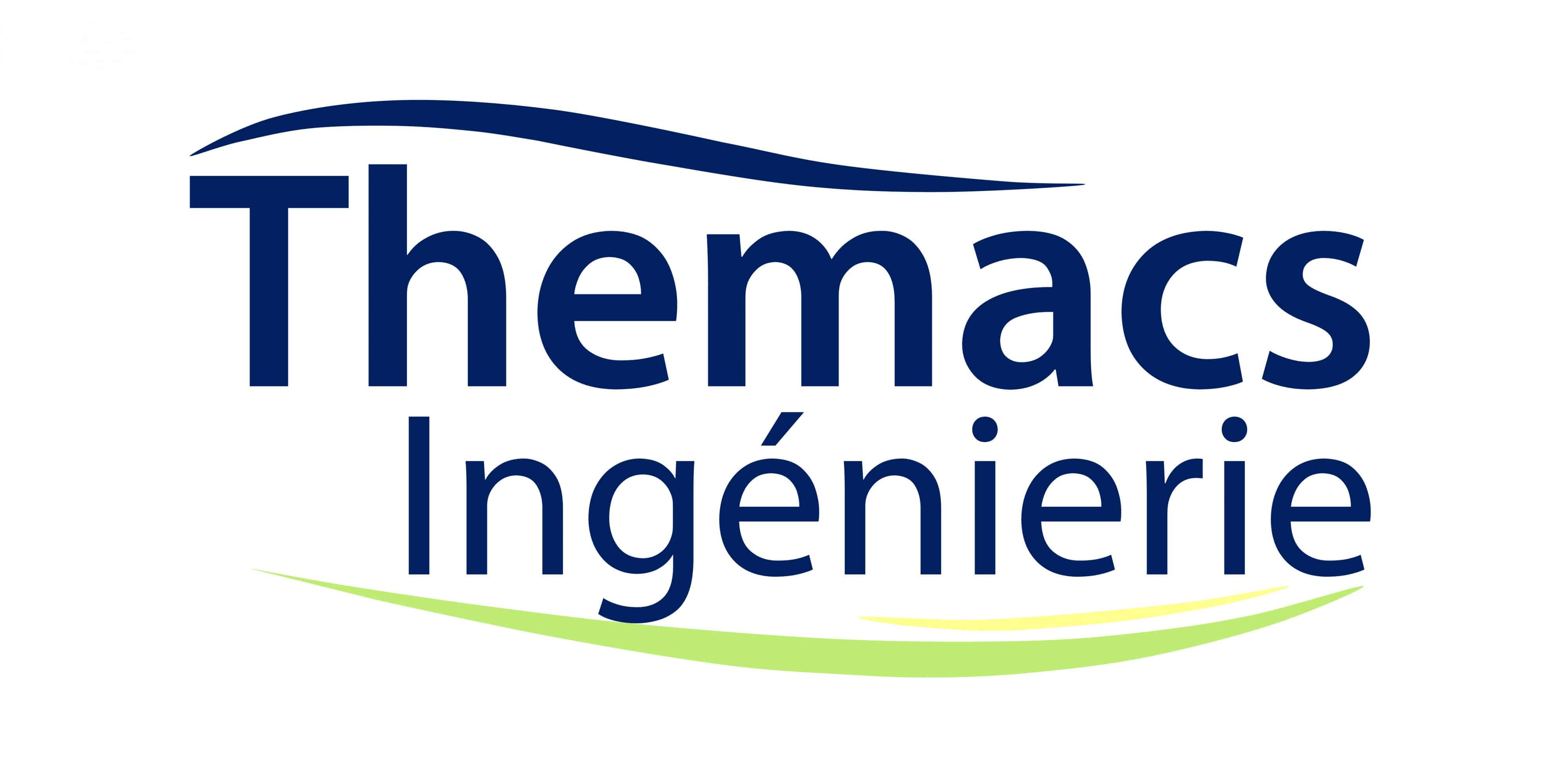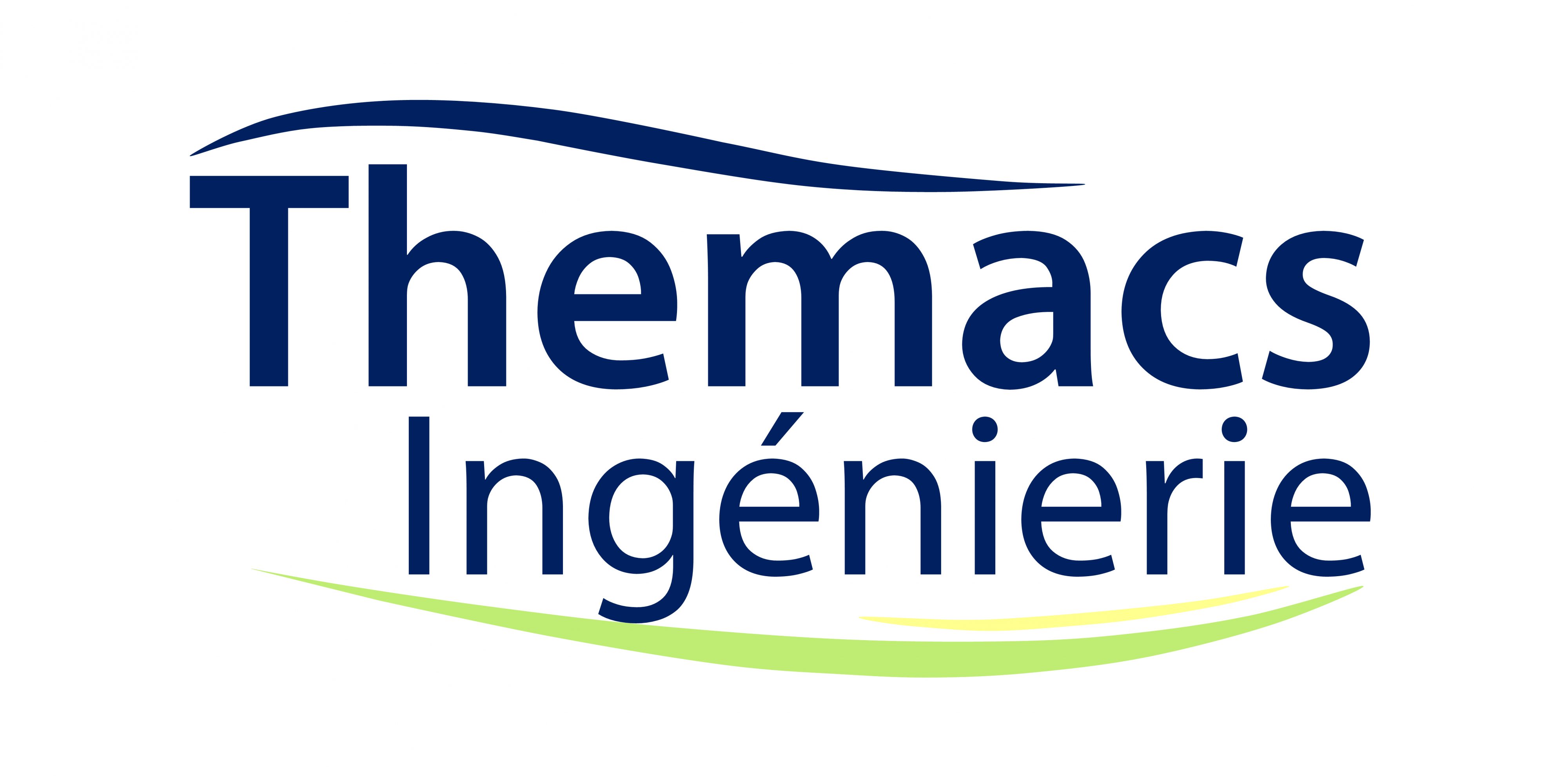THEMACS Engineering and EPBD
Posté le 21 November 2018 dans News
ANR RESBATI :
Development of an instrument for the measurement and control of the thermal resistance of building walls directly usable on site
In order to improve the energy efficiency of buildings, the performance of building materials is currently verified on the basis of samples taken and tested in laboratory under specific laboratory conditions. In order to meet a need for in situ control to obtain results more representative of reality, an instrument for measuring the thermal transmission coefficient of a wall of the external envelope of a building by an active method with an estimate of its uncertainty will be developed.
Context, Issues and Objectives
The level of thermal insulation of the opaque walls remains one of the essential points for improving the energy efficiency of buildings. The thermal performances of these buildings must be capable of being checked for the renovation of the building during its construction, delivery or during its use. The need for a method of in situ wall control is therefore more relevant than ever. Such a wall-scale measure is an interesting complement to the overall energy balance of the building as a whole (co-heating …). The physical parameter representing the quality of an envelope from the point of view of thermal insulation is its thermal resistance. At present, methods of measuring this size exist either in the form of laboratory or exploratory measurements or in the context of international standards or draft standards. However, none of these methods meets the requirements for universal measurement: use on any type of wall and building at any time of the year, low measurement time, ease of use, moderate cost and controlled uncertainty .
An in-situ measurement device meeting this specification and based on active infrared thermography will be developed within the framework of the RESBATI project.
The uncertainties associated with the results delivered by the instrument will be evaluated by the implementation of a Bayesian approach and its determined limits of use. The approach will be to determine the thermal resistance of several types of opaque walls at different scales. The prototype, based on infrared thermography in active mode and developed by the company Themacs Ingénierie, will thus be able to be qualified by means of the numerous installations made available by the partners of the project and via the realization of numerical simulations of thermal transfers in function of different configurations.
Partners
CERTES / LNE / IFSTTAR / CEREMA / CSTB / Themacs Engineering / AFNOR

